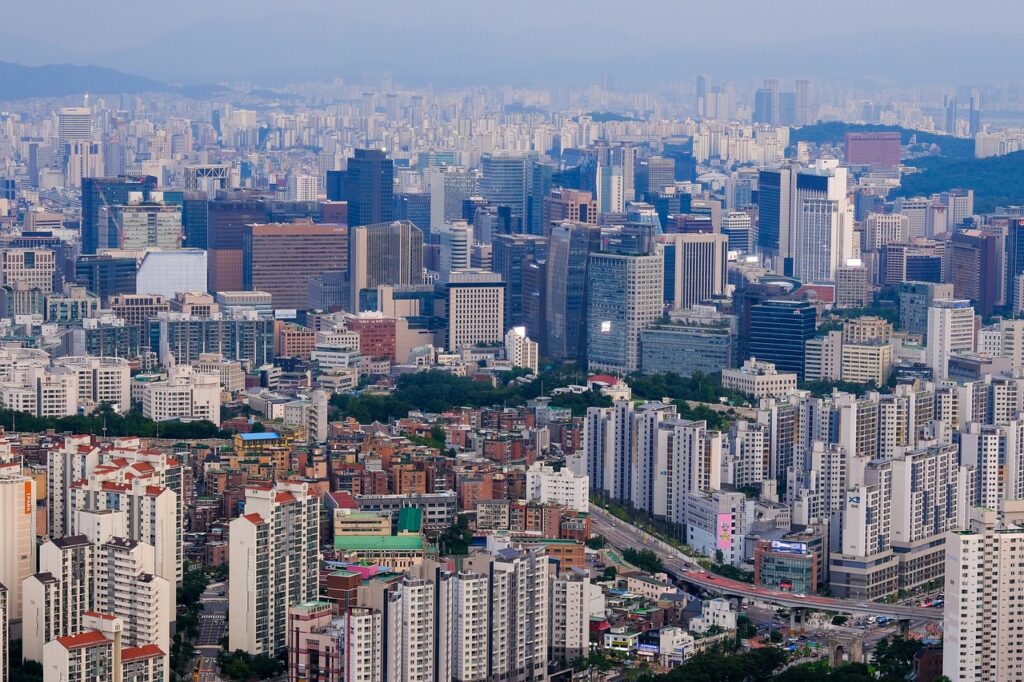Massage therapy is deeply ingrained in South Korean wellness and self-care practices. From traditional techniques to modern adaptations, massage plays a crucial role in promoting health, relaxation, and overall well-being. This ancient practice has evolved over time, integrating various methods and approaches that cater to the diverse needs of individuals. Let’s explore how massage therapy is an essential component of wellness and self-care routines in South Korea.
Traditional Korean Massage Techniques
Traditional Korean massage, or “anma,” has been practiced for centuries and is rooted in the principles of balancing the body’s energy. This technique focuses on stimulating acupressure points to relieve stress, improve circulation, and enhance the flow of “qi” (vital energy) throughout the body. Anma often involves rhythmic kneading, tapping, and pressing motions that target specific areas of tension.
One of the most popular forms of traditional massage in Korea is “jilung,” which combines massage with heat therapy. Heated packs or stones are placed on the body to relax muscles and alleviate pain. This method is particularly effective in relieving back pain and muscle stiffness, making it a favorite among those with physically demanding lifestyles.
Modern Massage Therapy
In addition to traditional techniques, modern massage therapy has also gained significant popularity in South Korea. Various forms of Western massage, such as Swedish, deep tissue, and aromatherapy, are widely available in spas and wellness 강남피쉬안마 centers across the country. These therapies focus on muscle relaxation, stress reduction, and mental clarity, providing a comprehensive approach to self-care.
Aromatherapy massage, which uses essential oils, is particularly popular for its dual benefits of physical relaxation and emotional well-being. The soothing scents of lavender, eucalyptus, and other oils enhance the massage experience, promoting a sense of calm and tranquility.
The Jjimjilbang Experience
Jjimjilbangs, or traditional Korean bathhouses, offer a holistic wellness experience that includes massage as a central component. These facilities are equipped with various sauna rooms, hot baths, and relaxation areas, creating an ideal environment for self-care. After soaking in the baths and sweating out toxins in the saunas, visitors can enjoy professional massage services that leave them feeling rejuvenated and refreshed.
The communal nature of jjimjilbangs also fosters a sense of community and social connection, which is an important aspect of well-being. Spending time with family and friends in these spaces enhances the overall relaxation experience, making it a cherished tradition for many Koreans.
The Benefits of Regular Massage
Incorporating regular massage into wellness routines offers numerous health benefits. Massage therapy is known to reduce stress and anxiety, improve sleep quality, and boost the immune system. By relieving muscle tension and promoting relaxation, massage helps individuals manage the physical and emotional stresses of daily life.
For those with chronic pain conditions, such as arthritis or fibromyalgia, regular massage can provide significant relief. The therapeutic touch of a skilled massage therapist can reduce pain and inflammation, improving mobility and quality of life.
Accessibility and Convenience
One of the reasons massage therapy is so integral to South Korean self-care routines is its accessibility. Massage services are widely available in urban and rural areas alike, with numerous spas, wellness centers, and jjimjilbangs offering a range of treatments to suit different needs and budgets. This widespread availability makes it easy for individuals to incorporate massage into their regular wellness practices.
In recent years, mobile massage services have also become popular, providing the convenience of professional massage therapy in the comfort of one’s home. This flexibility allows busy individuals to enjoy the benefits of massage without disrupting their schedules.
Final Thoughts
Massage therapy is an indispensable part of South Korean wellness and self-care routines. From traditional techniques that balance the body’s energy to modern therapies that relieve stress and pain, massage offers a comprehensive approach to health and well-being. Whether experienced in the tranquil setting of a jjimjilbang or through a professional therapist’s skilled hands, the benefits of massage are clear. It promotes relaxation, enhances physical health, and provides a much-needed respite from the demands of everyday life. As South Koreans continue to embrace the importance of self-care, massage therapy remains a cornerstone of their wellness practices, offering a path to holistic well-being.

